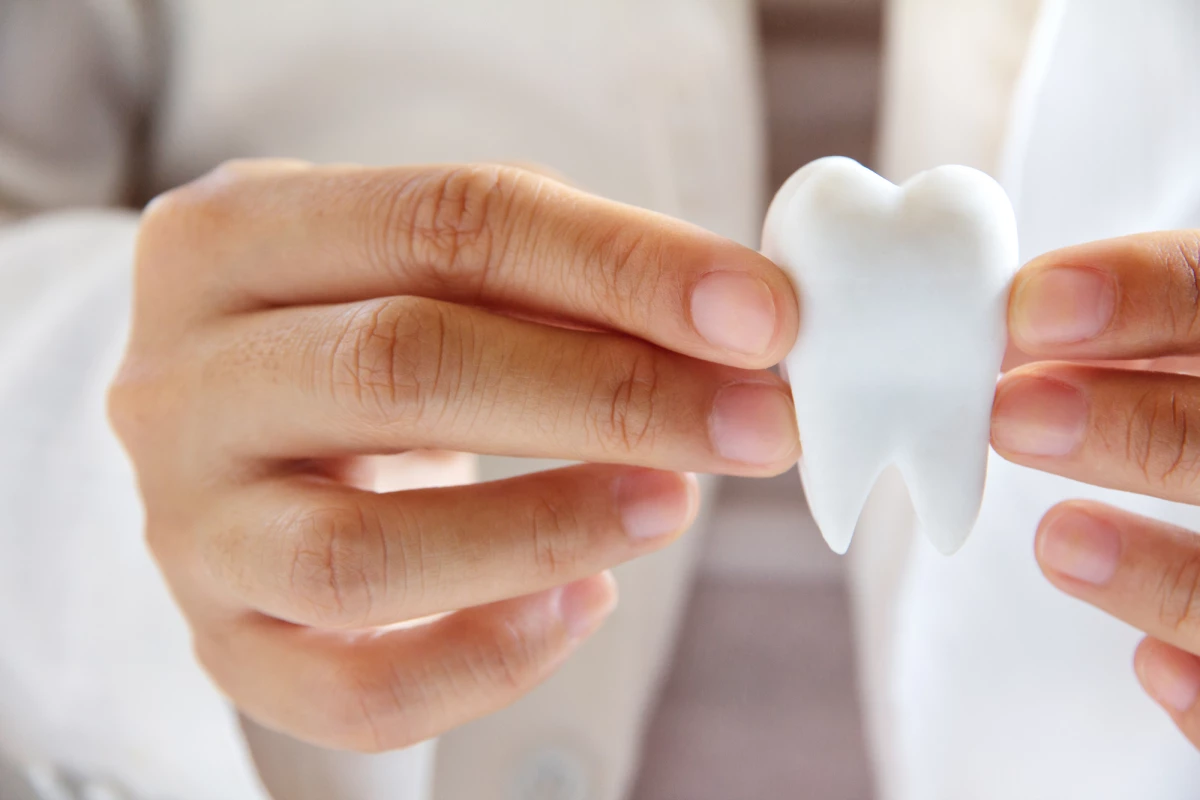Tooth enamel is one of the few tissues in the body that doesn’t repair itself, which is why cavities are such a common health problem. Fillings are essentially the only treatment option widely available at the moment, but now researchers from China have created a new peptide-based coating that can prevent cavities from forming.
Human saliva is a natural protective agent against cavities, but even it has its limits – especially when pitted against the high-sugar Western diet. So, the researchers on the new study set out to lend a hand to some of the antimicrobial peptides in saliva.
The one they settled on is known as H5, which forms a protective thin film on teeth that kills bacteria and fungi. To improve its function, the team added a phosphoserine group to the end of the peptide. This, it was thought, would boost the enamel-repairing ability of H5 by attracting more calcium ions to the area.
Using slices of human teeth, the team tested out their modified peptide and compared it to natural H5. They found that their enhanced version protected teeth from demineralization – the loss of tooth enamel – and was better at sticking to tooth surfaces, preventing bacterial biofilms from forming and killing bacteria, than the natural version. Interestingly, though, it didn’t seem to outperform regular H5 at remineralizing teeth.
The team says that this synthesized peptide could eventually be made into a coating that can be applied to teeth in the form of a varnish or gel. If used after brushing your teeth, this could provide longer-lasting protection against cavities forming.
This isn’t the only study trying to tackle the problem of tooth decay. Other teams have created remineralizing toothpastes, probiotic pills that could prevent cavities, other peptides that could rebuild early-stage cavities, and drugs that stimulate stem cells to repair teeth.
The new research was published in the journal ACS Applied Materials and Interfaces.
Source: American Chemical Society




